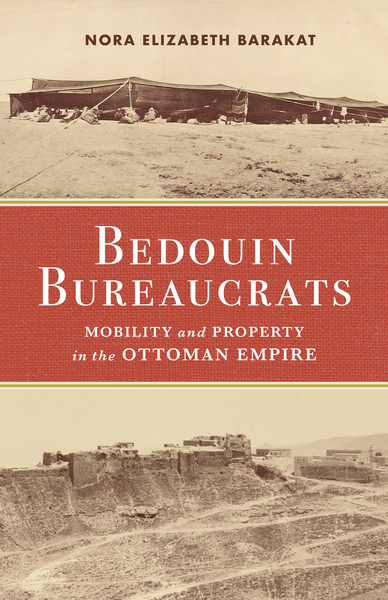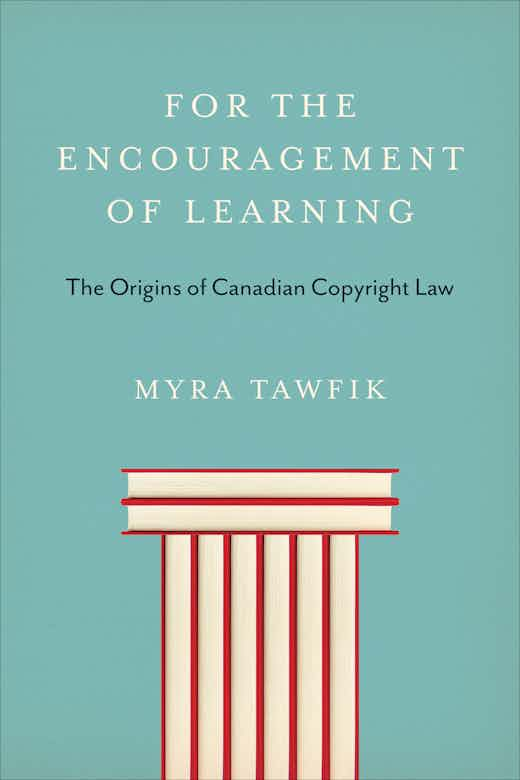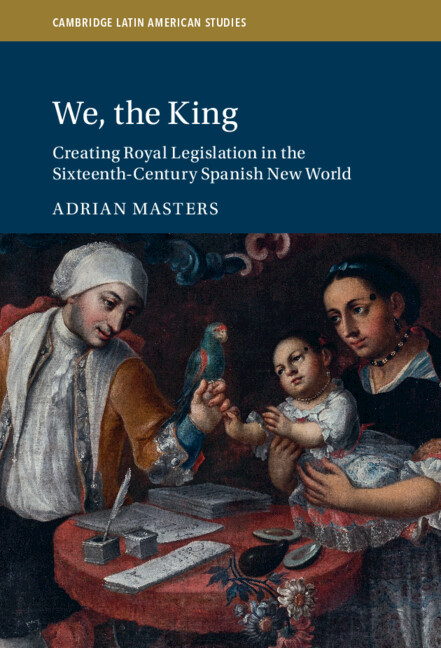[We have the following announcement. DRE.]
The Social History of Legal Responses to Infectious Disease
22 September 2023–23 September 2023, 9:30 am–5:00 pm, University College London Faculty of Laws. A hybrid conference convened by Emily Gordon, Charles Mitchell, and Ian Williams
Legal responses to infectious disease have recently been at the forefront of public health policy debates, but the issues raised by epidemics are not new and a better understanding of the effects of legal measures can be gained from a study of historical precedents. Studying the social history of legal responses to disease also reveals much about the evolution of social and political attitudes, the evolution of legal doctrine, and the interaction between social, political and legal change. Legal historians, political historians and social historians of medicine have worked on these topics but have not always looked outside their specialist areas and this inter-disciplinary event aims to bring them together. The focus of the discussion will be on Great Britain, the British Empire and the Commonwealth, starting in the medieval period and continuing into the twentieth century.
Conference themes: Social crises are agents of legal as well as social change. Legal as well as social responses to infectious disease, especially during epidemics, are a well-known example. Laws responding to infectious disease are affected by medical and scientific understandings of diseases, their causes and treatment. The causal flow also goes the other way: medical and therapeutic practice is affected by legal constructs of personhood (slaves and non-slaves, children and adults) and of what counts as ‘medical and therapeutic practice’.
Different types of law work in different ways, making them more or less suitable vehicles to implement policies responding to differently conceived problems, e.g. short-term solutions focussed on individuals (quarantine), long-term solutions focussed on individuals or urban infrastructure (immigration controls, vaccination programmes, building standards, sewage systems), coercive or enabling solutions, solutions which do or do not require public spending. This all leads into questions about the role played by law as a tool for public health policy implementation, such as:
- whether different types of legal response to infectious disease make a measurable difference – little epidemiological research has been done to measure this even in modern times and data from earlier periods is crude;
- whether successes can be attributed not only to medical expertise but also to policymaking and lawmaking expertise, to answer which it is necessary to consider how good ‘governance’ should be conceived and measured;
- whether failures can be attributed to technical failures by lawmakers, e.g. picking the wrong type of rule to implement a policy, or poor drafting of rules which are then misunderstood by those to whom they apply, or inept use of existing rules which are a poor fit for a new situation, or inept transplantation of laws from one jurisdiction to another;
- whether legal responses to infectious disease alter or perpetuate existing legal structures and whether they alter or perpetuate existing social and political norms, e.g. because law is used as a tool of imperial control, endorses and reinforces racial constructs, and/or exacerbates tensions between imperial rulers and ruled; and/or because law perpetuates the stigmatisation, scapegoating and othering of social groups, including victims of particular diseases, immigrants and racial minorities, the unemployed poor, gay men and other LGBQT+ people, and members of particular professions e.g. seamen and prostitutes; and/or because epidemics can promote social solidarity as well as social conflict, and because law can also pull in this direction, e.g. by ‘individualist’ outlawing of discriminatory acts and/or macrosocial responses to structural social inequalities and by signalling that public health problems are not generated by any particular social group and that solutions lie in lawmaking that applies to all.
Laws constraining individual freedoms for the common good are controversial and coercive laws responding to infectious disease are no exception. The historical record suggests that policymakers and lawmakers are not always alive to this concern, and that even when they are, they often enact coercive laws anyway. This also prompts questions, including:
- whether policymakers and lawmakers always put the same considerations in the balance and weigh them off in the same way; and how their decisions, and the implementation of these decisions through law, affect general social attitudes regarding the costs and benefits of individualism and collectivism, civil liberties and state power;
- given that administrative initiatives have a general tendency towards mission creep and increase of state power, and given that laws have a general tendency to stay in place after the reasons for their creation have gone, and/or after they are proved to have had negative rather than positive effects, and/or after they are seen to be ill-adapted to new cases, whether the administrative and legal responses to infectious disease have displayed these tendencies.
Legal responses to disease are not limited to state regulatory measures: evolving conceptions of disease and their causes can also affect the rules of private law, i.e. the laws governing relationships between private individuals such as tortious liability for harms – prompting further questions about fitness for purpose and justification.
Confirmed speakers include:
Mark Bailey, University of East Anglia
Alison Bashford, University of New South Wales, Sydney
Roberta Bivins, Warwick
Alex Chase-Levenson, Binghamton University
Tom Crook, Oxford Brookes University
Manikarnika Dutta, University of Bristol
Lorren Eldridge, University of Edinburgh
Jonathan Garton, Warwick
Colm McGrath, Dickson Poon School of Law at King’s College London
Noga Mora-Levine, Michigan State University College of Law
Charles Mitchell, UCL
Joe Sampson, Cambridge
Christopher Szabla, Durham University
Chantal Stebbings, University of Exeter
Katherine D Watson, Oxford Brookes University
Janet Weston, London School of Hygiene and Tropical Medicine


















